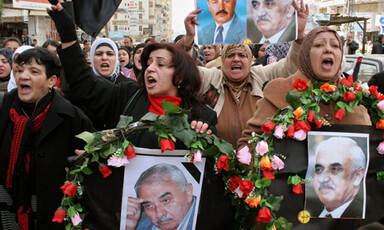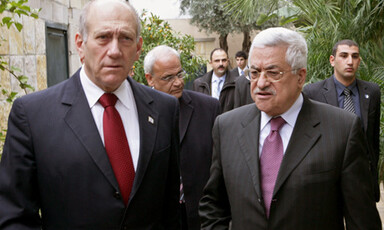
Another world is necessary
30 January 2008
The immensity of the overwhelmingly peaceful movement of Palestinians in and out of north Sinai indicated that another reality is possible and indeed necessary in the Arab world. Occupation in Palestine cannot be successfully challenged if the Arab world does not wake up to the fact that anything but more actions of a similarly massive, popular nature are not encouraged. Acceptance of a continued oppression of Arab popular movements is tantamount to acceptance of Israel’s siege of Gaza. Serene Assir comments from Egypt. Read more about Another world is necessary








